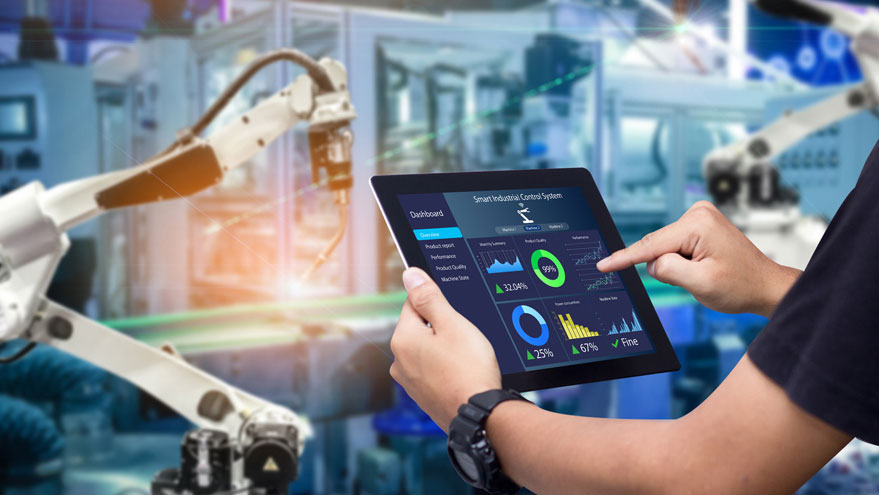
13 Jan 2025
In an era where efficiency and precision are paramount, manufacturing and industrial sectors rely heavily on software solutions to streamline operations, optimize production, and enhance decision-making. Manufacturing/Industrial Software serves as the backbone of modern production processes, enabling industries to adapt to rapidly changing markets and technological advancements. This blog explores the intricacies of Manufacturing/Industrial Software, its features, and its impact on industries worldwide. For more insights, visit Sanity Softwares.
Understanding Manufacturing/Industrial Software
Manufacturing/Industrial Software is a suite of tools and applications designed to manage, monitor, and optimize production processes. These solutions address various aspects of industrial operations, from inventory management and production scheduling to quality control and equipment maintenance.
Key Categories of Manufacturing/Industrial Software:
Enterprise Resource Planning (ERP): Integrates core business processes such as finance, supply chain, and production planning.
Manufacturing Execution System (MES): Tracks and manages manufacturing operations in real-time.
Product Lifecycle Management (PLM): Manages a product’s lifecycle from design to disposal.
Computerized Maintenance Management System (CMMS): Ensures timely maintenance of equipment.
Industrial Internet of Things (IIoT): Connects machinery and systems to collect and analyze data for better decision-making.
Key Features of Manufacturing/Industrial Software
Modern Manufacturing/Industrial Software comes equipped with advanced features to address industry challenges and drive growth. Some notable features include:
Real-Time Data Monitoring:
Automation Capabilities:
Predictive Analytics:
Inventory and Supply Chain Management:
Customizable Dashboards:
Offers role-based dashboards for managers, operators, and maintenance teams.
Provides a unified view of critical metrics and KPIs.
Integration Capabilities:
Benefits of Manufacturing/Industrial Software
Implementing Manufacturing/Industrial Software delivers a host of benefits, including:
Enhanced Productivity:
Improved Quality Control:
Cost Efficiency:
Increased Agility:
Data-Driven Decisions:
Examples of Manufacturing/Industrial Software
SAP ERP: A comprehensive ERP solution that supports various manufacturing processes.
Siemens SIMATIC MES: An advanced MES platform for real-time production monitoring.
Autodesk Fusion 360: A PLM software for product design and lifecycle management.
IBM Maximo: A leading CMMS solution for equipment maintenance.
GE Digital’s Predix: An IIoT platform for data-driven industrial operations.
Challenges in Implementing Manufacturing/Industrial Software
Despite its advantages, implementing Manufacturing/Industrial Software comes with challenges:
High Initial Investment: The cost of software and hardware can be significant.
Complex Integration: Ensuring compatibility with existing systems may require customization.
Training Requirements: Employees need proper training to leverage the software’s capabilities.
Data Security: Protecting sensitive industrial data from cyber threats is critical.
The Future of Manufacturing/Industrial Software
As technology continues to evolve, Manufacturing/Industrial Software is poised to revolutionize the industrial sector. Emerging trends include:
Artificial Intelligence (AI): Advanced AI algorithms for predictive maintenance and quality assurance.
Cloud Computing: Cloud-based solutions for scalability and remote access.
Edge Computing: Real-time data processing at the source for faster decision-making.
Digital Twins: Virtual replicas of physical assets for simulation and optimization.
Blockchain: Enhanced transparency and security in supply chain management.
Conclusion
Manufacturing/Industrial Software is an indispensable tool for industries aiming to thrive in a competitive landscape. By integrating cutting-edge technology and innovative features, it empowers businesses to achieve operational excellence, enhance productivity, and maintain a competitive edge. As industries embrace digital transformation, the role of Manufacturing/Industrial Software will only grow, shaping the future of production and innovation. For more information, explore Sanity Softwares.